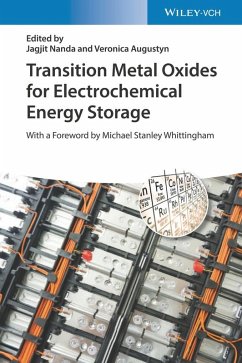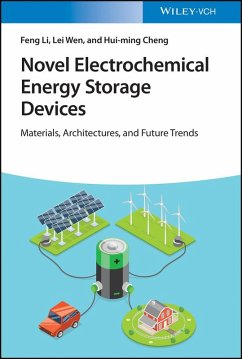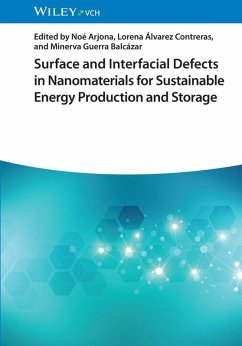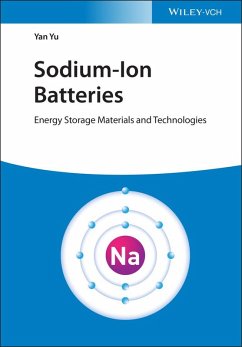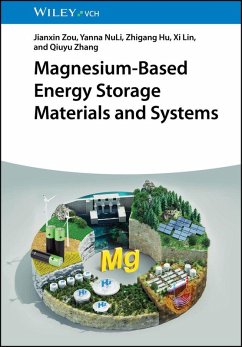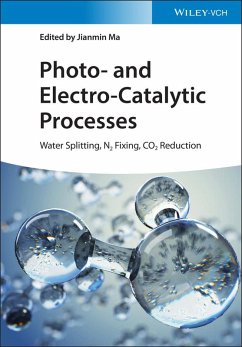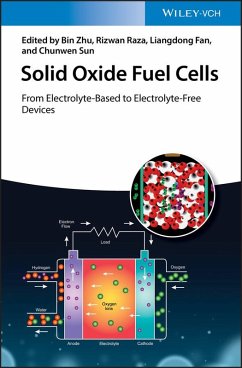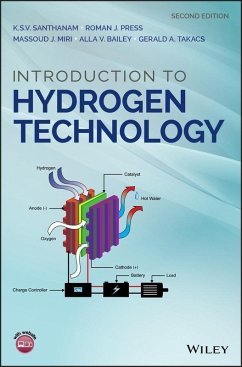
Transition Metal Oxides for Electrochemical Energy Storage (eBook, ePUB)
Versandkostenfrei!
Sofort per Download lieferbar
Statt: 182,00 €**
162,99 €
inkl. MwSt. und vom Verlag festgesetzt.
**Preis der gedruckten Ausgabe (Gebundenes Buch)
Alle Infos zum eBook verschenkenWeitere Ausgaben:

PAYBACK Punkte
0 °P sammeln!
This authoritative handbook focuses on the science and applications of metal oxides for energy storage. It provides in-depth, application-oriented information by covering electrochemistry, morphology and both in situ and in operando characterization.
Dieser Download kann aus rechtlichen Gründen nur mit Rechnungsadresse in D ausgeliefert werden.




